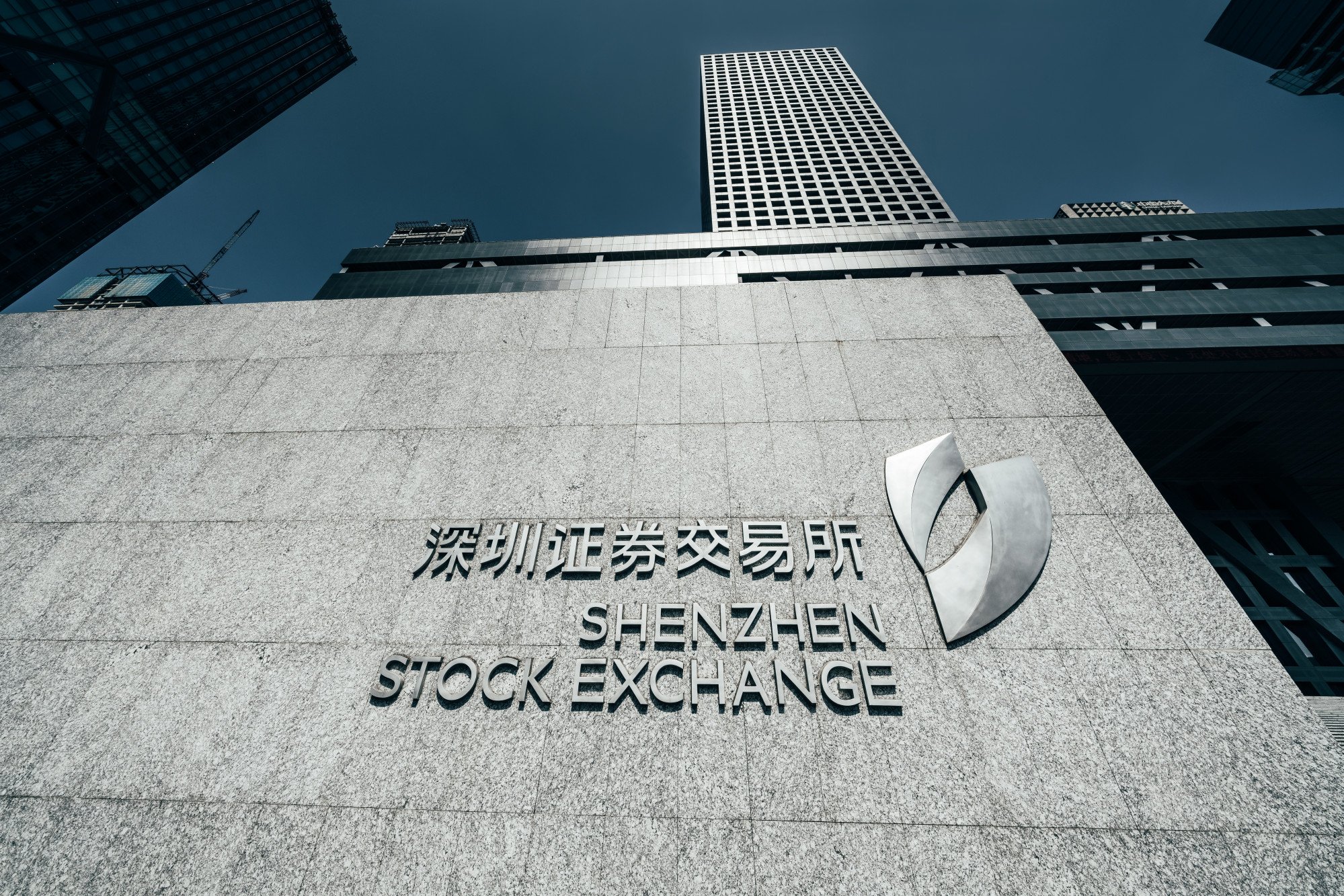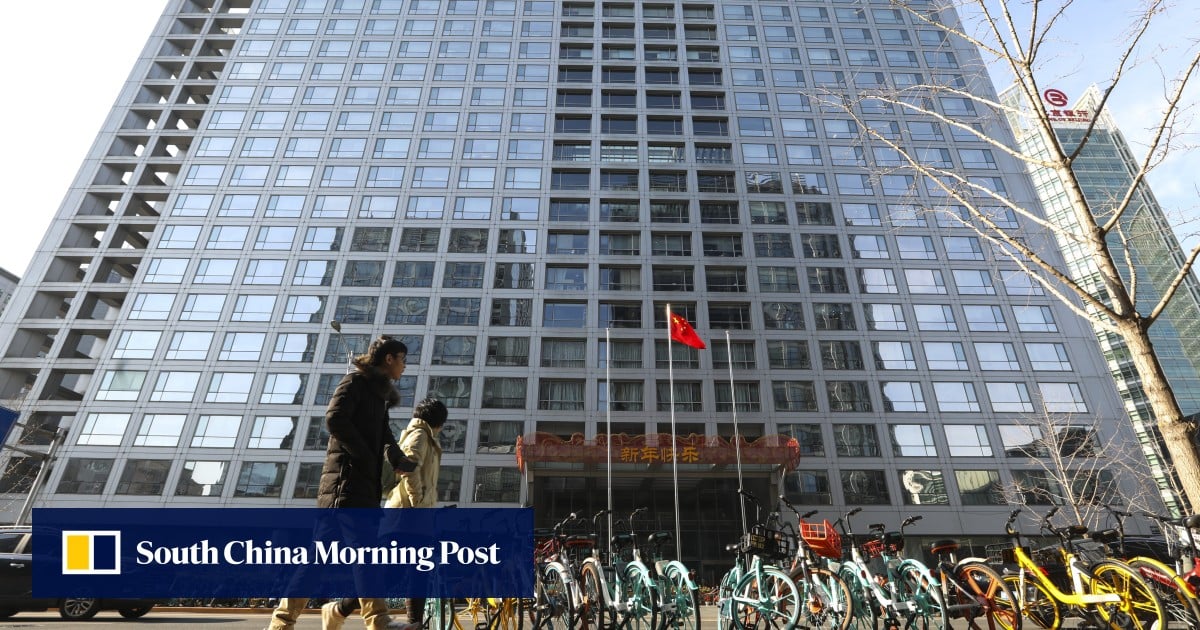The CSRC said its investigation, which was initiated on November 24, was still ongoing and that it aimed to uncover evidence of illegal activities as soon as possible.
Zuojiang said it had yet to receive the results of the CSRC’s investigation, and that it could not provide an estimate of its 2023 financial earnings to investors, according to the company’s filing on Wednesday to the Shenzhen Stock Exchange.

Shares of Zuojiang closed down 19.99 per cent to 33.94 yuan (US$4.77) on Thursday, following the stock’s resumption of trading on Wednesday. Zuojiang halted trading from January 24 after its shares rose more than 110 per cent in six consecutive trading days.
The Shenzhen Stock Exchange last April had issued a warning about delisting Zuojiang after the firm reported losses and revenue of under 100 million yuan for its 2022 financial results. The company’s shares, however, grew more than 800 per cent within 15 months from 2022 to 2023.
In 2022, Zuojiang touted that its self-developed data processing unit (DPU) NE6000 rivalled the performance of Nvidia’s Bluefield-2 DPU.
China’s top fabless chip firms, such as Loongson, estimate big losses in 2023
China’s top fabless chip firms, such as Loongson, estimate big losses in 2023
Zuojiang, however, reported in December that its DPU sales last year failed to meet expectations, according to its stock exchange filing at the time.
The company said that it only signed one contract for DPUs that covered 400 units of its NE6000, which were delivered to a trading company. Those goods were later classified as “not in actual development or sales” because the client enterprise that bought the chips did not use most of them.
As such, the 12.6 million yuan deal for those DPUs could not be verified, according to Zuojiang’s filing.
Founded in 2007, Zuojiang was mainly engaged in the design, development, manufacture and sale of hardware platforms and boards related to network information security applications before it pursued DPU development.

